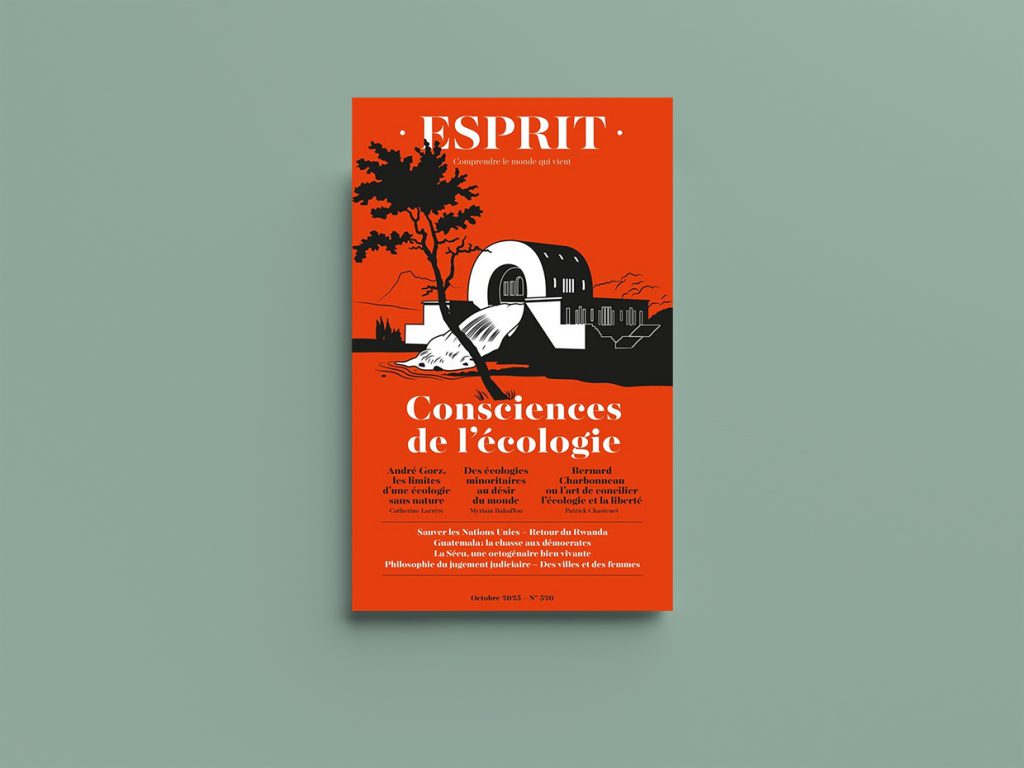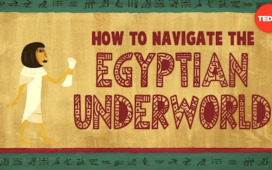In an issue of Esprit entitled Consciences de l’écologie, Catherine Larrère looks at how the ecological thought of the social philosopher André Gorz was shaped by two works published in the 1970s: Edward Goldsmith and Robert Allen’s A Blueprint for Survival, and the Meadows Report on The Limits to Growth. From these Gorz drew the lesson that the pursuit of economic productivity poses a risk to human life, and hence that growth must be limited, if not reduced.
But what sort of politics does this require? Does it demand reform or revolution? In the reformist approach, ‘capitalism remains dominant but adopts a number of ecological constraints on economic production and technology’. Gorz rejected this in favour of a revolutionary approach, which requires ‘a global change: a different economy, different social relations, different modes and means of production, in order to leave capitalism behind in a civilised manner’.
This is socialism, but an unorthodox kind. Strongly influenced by Sartre, Gorz endorsed an ‘anti-productivist’ politics that viewed ‘freedom at the collective level’ as more important than productivity. The goal was to ‘separate out areas that are free from productive obligations, to expand the sphere of autonomy, and to give those who are excluded from work the possibility of choosing activities that suit them’.

It was these anti-productivist considerations that led Gorz, famously, to endorse the idea of universal basic income. But Gorz’s thought also had its limitations, agrees Larrère – particularly his idea of nature as something that must be contended with, and of dualism between humanity and nature.
Charbonneau
This was not the case in the work of the ecological philosopher Bernard Charbonneau. As Patrick Chastenet describes, Charbonneau conceived of freedom as direct contact with nature. Having grown up in Bordeaux, he moved to Paris, where he published his first work as part of Emmanuel Mounier’s Esprit group. This included ‘Directives for a Personalist Manifesto’ (1935), written with Jacques Ellul, which presented the first proposal by western authors for self-imposed limits on growth.
Thanks to his work in the 1930s, writes Chastenet, Charbonneau became ‘the primary French theorist of political ecology in the twentieth century’. But it was in 1969 that he published his most important book, Le Jardin de Babylone. This came at precisely the moment when ecological awareness was becoming mainstream. Charbonneau threw himself into the ecological politics of the period, arguing that humanity stands in ‘a dialectical relationship with nature’: ‘Mankind’s freedom commands him to master nature, but if he destroys it, if he even just organises it, he simultaneously destroys his own ability to experience freedom.’
Charbonneau became deeply hostile to car culture and, above all, to the tourism industry, ‘because it is driven by the search for and consumption of space’. Instead, Charbonneau advocated for a less developed, more improvisational approach to travel, which would allow us to ‘conserve spaces free from organisation’ and to ‘re-establish a normal relationship between people and space’. His proposed solution was to halt economic growth, breaking up the economy into ‘small self-managed and autarkic units’. As Chastenet points out, he knew he wasn’t offering a ‘miracle cure’. Instead, ‘he invited us to slow down the tempo, to respect limits, and to establish points of reference’.
Anarcho-ecology
Simon Guyomard and Édouard Jourdain insist that we should not forget the roots of ecological thought. In particular, it is important to recover the anarchist tradition, ‘one of the first currents that conceived of human emancipation and environmental preservation as two inseparable dimensions of the same social project’.
This link is deeply rooted in anarchist thought, going back to its nineteenth-century founders. For Élisée Reclus, for instance, ‘geography and anarchism are inseparable: if we are to understand human societies, we must understand how they are embedded within their natural environment’. In Russia, similar concerns animated Peter Kropotkin’s thought. This tradition – which remains active around the world, from the zones à défendre in France to Kurdish Syriav – is ecological but not reactionary. It emphasises interdependence, seeing nature ‘not as a storehouse of resources to be exploited, but as a collection of life environments that are constitutive of social forms’.
Ero-politics
The ecofeminist philosopher Myriam Bahaffou is fascinated by the interdependence of nature, social forms, and personal life. Desire, intimacy and emotions are crucial to ecological issues, she explains in an interview with Matthieu Febvre-Issaly.
‘I became interested in ecology as a woman who grew up in a working-class neighbourhood, as a queer feminist, as an anti-speciesist, as a North African, and as a philosophy student.’ Despite the hostility she has faced, she continues to hold that ‘activists have an interest in building alliances, rather than distancing themselves from research … and vice versa’.
In defending the importance of emotion within environmental politics, she argues for ‘including a dimension … of intimacy that cannot be captured by more institutional, official, hierarchical politics, because they promote an ideology – that is, abstract ideas, phantasms that are used to stoke social fears and moral panics’.
What she refers to as ‘ero-politics’ would ‘breathe desire back into the world we live in’: ‘Returning love to the world, to its forms of life, its biodiversity, its mutations, and its futures – that’s an ecological programme that should be exciting and accessible for everyone.’

Published in cooperation with CAIRN International Edition, written by Cadenza Academic Translations.















